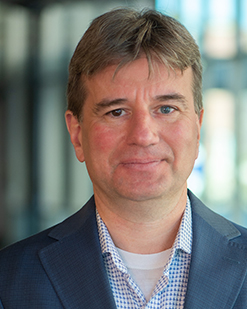Hans Dooms, PhD

Hans Dooms, PhD, is a researcher at National Jewish Health. Dr. Dooms is in the Department of Immunology and Genomic Medicine.
Special Interests
My laboratory studies how dysregulation of pathogenic and protective T cells causes autoimmunity. We are specifically interested in the mechanisms underlying the autoimmune diseases Type 1 Diabetes and Systemic Sclerosis/Scleroderma. We focus on identifying the factors and pathways that enable autoreactive T cells to escape immune regulatory checkpoints and cause tissue damage, with the goal of using this knowledge for the development of innovative immunotherapies.
Education
Education
- 1991 - 2000
- Ghent University, Ghent, Belgium, PhD - Biotechnology/Immunology
- 1987 - 1991
- Ghent University, Ghent, Belgium, MSc - Zoology/Biotechnology
Fellowship
- 2000 - 2007
- University of California San Francisco, Postdoctoral Fellow - Immunology
Academic Affiliations
Department of Immunology and Microbiology, University of Colorado Anschutz Medical Campus
